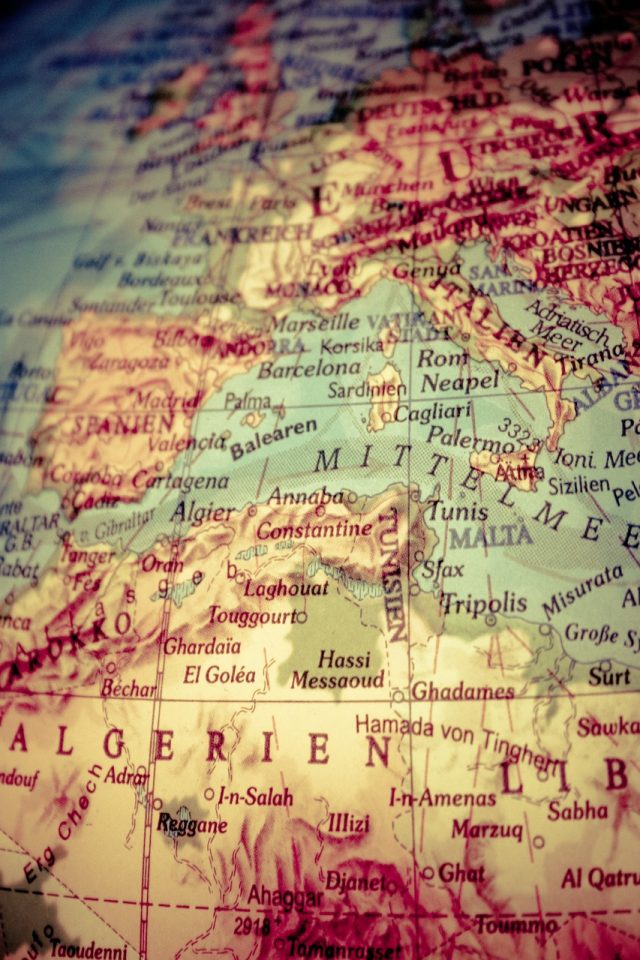
The Italy-Africa summit kicked off last night with a dinner at the Quirinale. The conservative-led government, led by Giorgia Meloni, aims to discuss and impact the future of the African continent.
“A Bridge for a Common Growth” is the title of the summit scheduled for Monday, January 29, at the Italian Senate. “It’s a bet for Italy that wants to have a foreign policy strategy and bring us back to a central position in the Mediterranean. It’s no coincidence that it is the first international initiative of our G7 presidency,” Meloni declared to Il Giornale, an Italian newspaper.
Twenty-five African Heads of State and Government will be present. Additionally, key figures from major institutions include Prime Minister Giorgia Meloni, Italian Foreign Minister Antonio Tajani, EU leaders Ursula von der Leyen, Roberta Metsola, and Charles Michel, African Union President Azali Assoumani, African Union Commission President Moussa Faki, UN Deputy Secretary-General Amina Jane Mohammed, and International Monetary Fund Director Kristalina Georgieva.
As reiterated by President Meloni multiple times, the approach is not predatory towards the continent but global. The presence of the President of the European Commission, the President of the European Parliament, and the President of the European Council underscores the European Union’s commitment to participating in this change process initiated by Italy.
“In the context of the Italy-Africa summit, we welcome the Mattei Plan,” says a spokesperson for the EU to Lapresse, an Italian news agency. “We believe it aligns well with the joint vision for 2030 that EU and African Union leaders committed to at the 6th EU-AU summit, as well as the Global Gateway investment plan in Africa, which is advancing with ambitious projects in energy, digital, or to strengthen food security.”
The Global Gateway is the EU program that includes a €300 billion plan, with half earmarked for projects in Africa, aiming to counter China’s influence. Meanwhile, the Mattei Plan seeks to mobilize €4 billion for the next four years. At the same time, it doesn’t just rely on public funds but also involves the participation of major state-owned enterprises from various sectors to jointly identify and finance infrastructure programs.
Public financial institutions and private banks will be called upon to participate, with particular interest from Eni and Enel, already active in the African continent, focusing on Algeria, Tunisia, Libya, Egypt, Ethiopia, and Ivory Coast. Terna shows significant interest in the Elmed project, a 220-kilometer submarine cable facilitating electrical interconnection between Tunisia and Italy, becoming a strategic energy hub for the European Union. The Mattei Plan, presented today by Prime Minister Meloni, also includes specific measures to support Italian exports to Africa, collaborations with Italian universities for educational projects, and initiatives to stimulate the growth of the middle class, contributing to the development of the area. The migration issue is not overlooked, with the goal of improving the economy to create conditions that discourage immigration to Europe and, consequently, Italy. There is the prospect of replicating the model of the agreement with Albania, involving Italian reception centers managed in third countries, in the Maghreb and sub-Saharan regions. A tangible example is the memorandum signed by Meloni last July with von der Leyen and Tunisian President Kais Saied, which has helped reduce migrant departures from Tunisia to Italy.
“If you want to go fast, go alone. If you want to go far, go together,” is the African proverb quoted by President Sergio Mattarella during the Gala dinner. He reiterated, “For our journey to be a common one, towards the goals of well-being and peace in Africa, Europe, and the world, we must jointly introduce our respective wills.”
Italy is ready to reclaim its role: Rome caput mundi.



 Subscribe
Subscribe